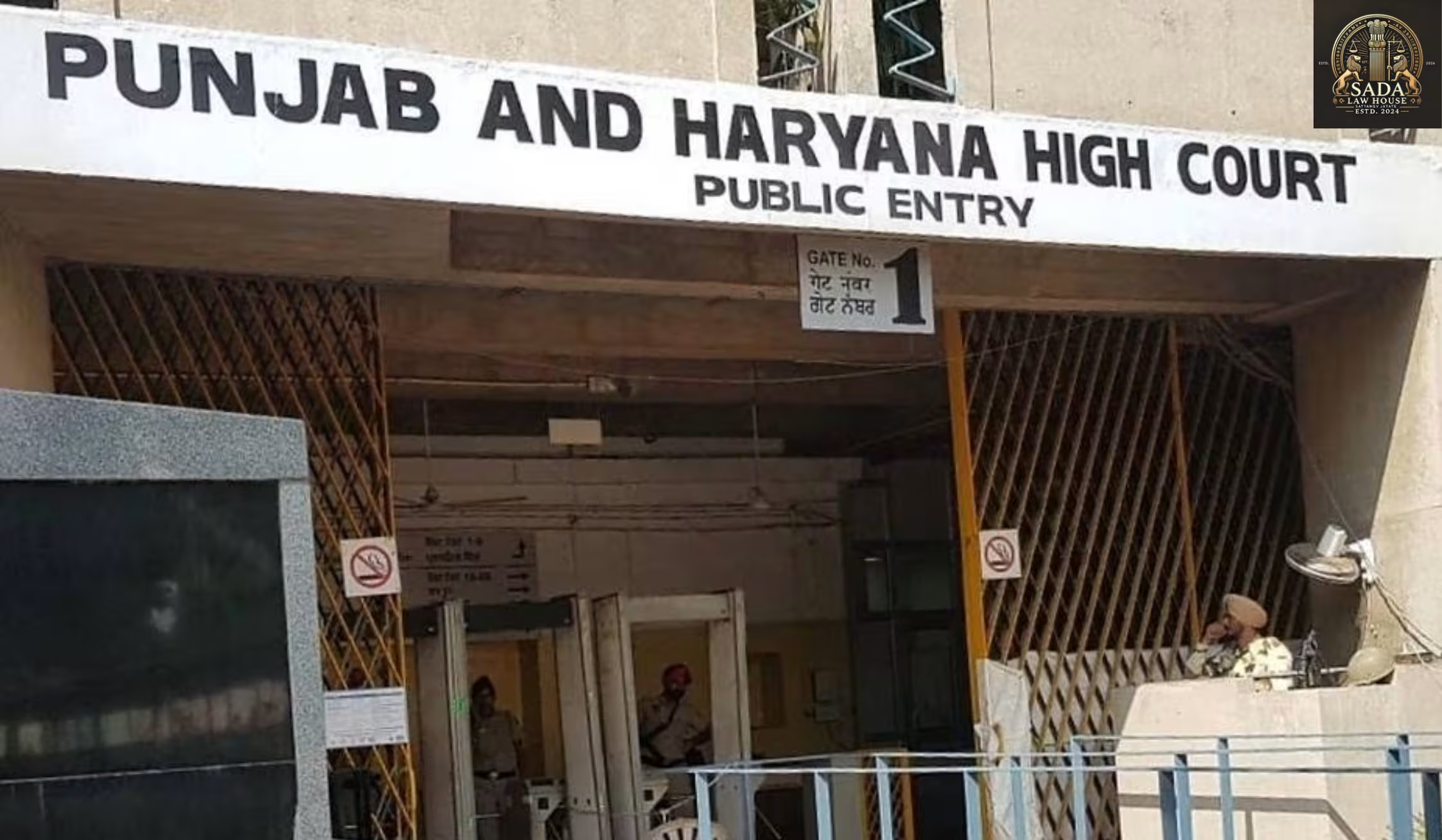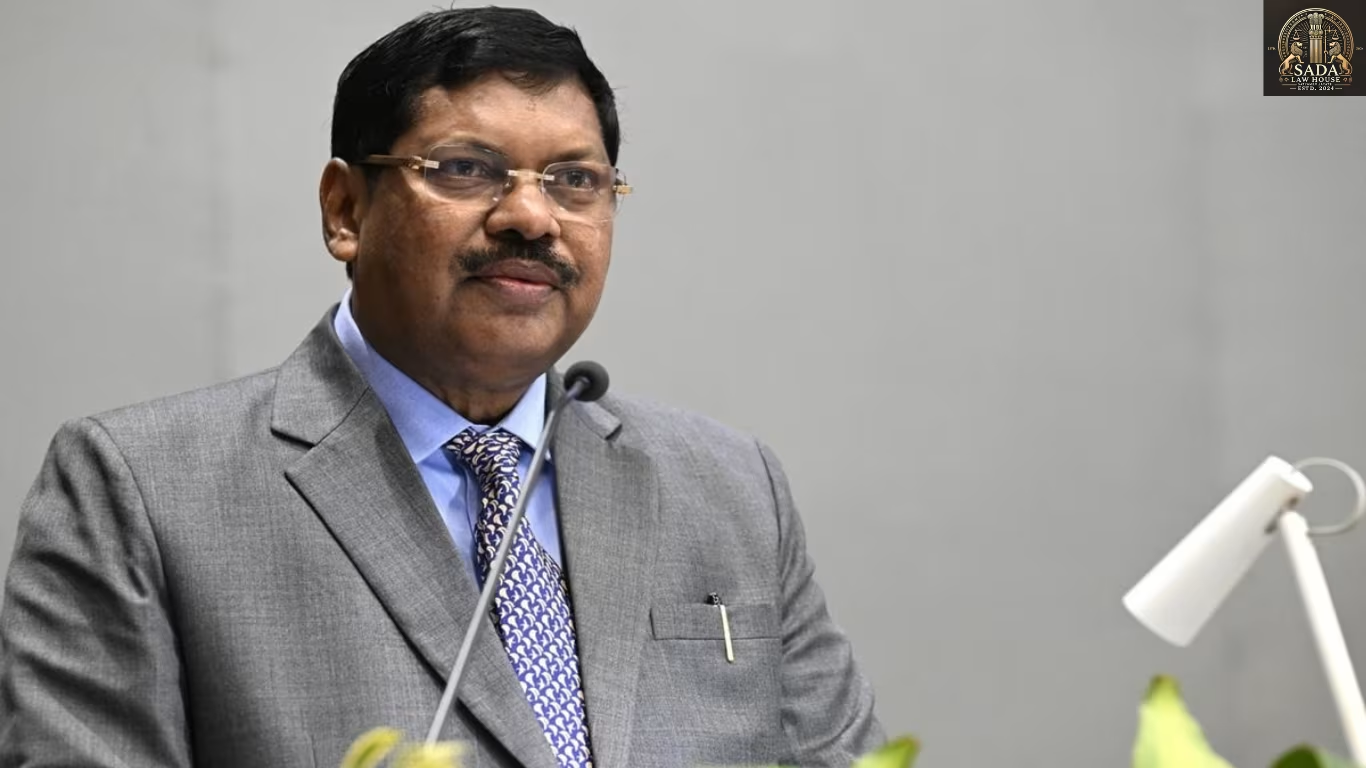Bound to Maintain Wife for Life: Punjab & Haryana High Court Upholds Maintenance Order Against 86-Year-Old Paralysed Veteran
- Shristi singh
- 27 AUG 2025

The Punjab and Haryana High Court upheld an order directing an 86-year-old paralysed Army veteran to pay ₹15,000 monthly maintenance to his 77-year-old wife. The Court ruled that age, health, or dependence on children cannot absolve a husband’s lifelong duty to support his wife.
High Court Reaffirms Lifelong Spousal Maintenance
In a significant ruling, the Punjab and Haryana High Court upheld a family court order directing an 86-year-old paralysed Army veteran to pay ₹15,000 per month as interim maintenance and ₹11,000 as litigation expenses to his 77-year-old wife.
Justice Shalini Singh Nagpal, while dismissing the husband’s appeal, observed that a husband with financial capacity cannot evade his obligation to maintain his wife, regardless of age or physical condition.
Case Background
The case originated from a Family Court in Narnaul, which on April 30, 2025, ordered the veteran to pay maintenance to his wife.
The husband appealed, arguing:
His advanced age and paralysis prevented him from meeting the obligation.
His wife was already supported by their sons, who allegedly controlled his 2.5-acre ancestral land.
His sole income was a monthly Army pension of ₹42,750, which he claimed was insufficient to cover both his medical needs and the court-ordered maintenance.
Husband’s Submissions
Represented by Advocate Himanshu Joshi, the veteran submitted:
Health Condition – Being paralysed, he was physically incapacitated and unable to manage his property.
Possession of Assets – While legally owning land, he claimed no income from it as his sons controlled it.
Maintenance by Sons – He argued his wife was already cared for by their children.
Pension Dependency – His pension was his only income and insufficient to bear both medical and maintenance costs.
Wife’s Stand
The 77-year-old wife argued that:
Right to Maintenance – Under personal law and statute, the husband is obligated to financially support his wife.
Inability to Depend on Sons – A wife cannot be forced to rely on her children when her husband is alive and has income.
Risk of Destitution – Without maintenance, she would be pushed into poverty and indignity.
Court’s Observations
Justice Nagpal dismissed the husband’s plea, making several key observations:
Husband’s Primary Duty – The responsibility of maintaining a wife lies first with the husband, not the children.
Financial Capacity Established – The veteran’s pension of ₹42,750 and ownership of land proved sufficient financial means.
Reasonable Maintenance – The ₹15,000 maintenance was neither excessive nor disproportionate considering the couple’s status and needs.
Moral and Legal Duty – Beyond statutory law, it is also a moral duty for a husband to ensure his wife’s dignity, especially in old age.
The Verdict
The High Court upheld the family court’s order, ruling that:
The interim maintenance amount was fair and justified.
Advanced age and illness do not absolve a husband from his marital responsibilities.
The husband’s appeal was meritless and thus dismissed.
Wider Social and Legal Implications
Strengthening Spousal Rights – The judgment reaffirms that maintenance is a lifelong right of wives, unaffected by age, health, or family disputes.
Protection Against Destitution – Elderly wives cannot be forced to rely on children when the husband has the means to provide.
Pension as Financial Capacity – Even if property is managed by others, pensions and legal ownership establish financial responsibility.
Humanitarian Approach – The ruling highlights that matrimonial law is guided not only by statutes but also by compassion and fairness.
Conclusion
This ruling by the Punjab and Haryana High Court sends a clear message: a husband’s duty to maintain his wife continues for life, irrespective of age or infirmity. By upholding the ₹15,000 monthly maintenance, the Court struck a balance between legal obligations and humanitarian values, ensuring elderly women are not left destitute.
The decision strengthens both the legal framework of spousal maintenance and the societal responsibility of matrimonial relationships, reaffirming that dignity in marriage must last a lifetime.
Live Cases






